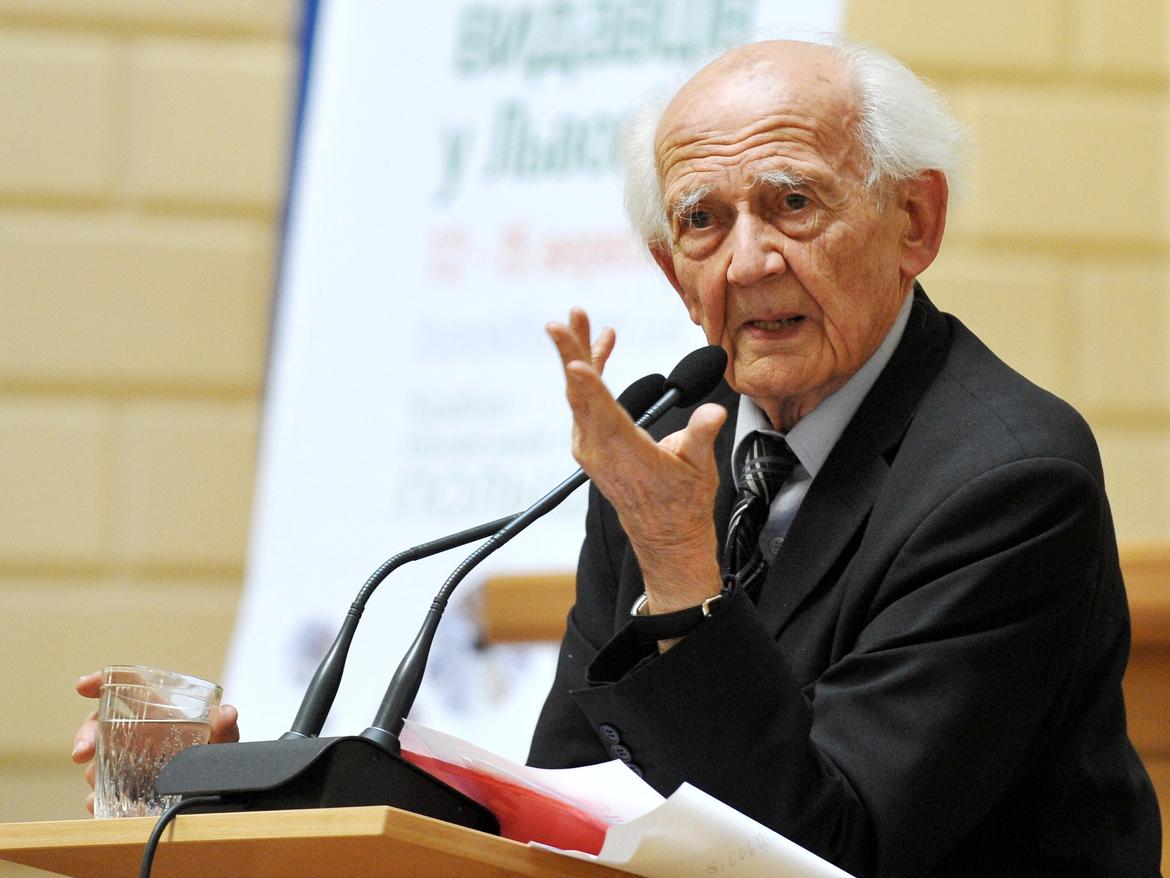UTOPIA500: The utopian vision of the future of utopia
Zygmunt Baumann is the guest of honour at the planned meeting at the Hall of the Cooperative Federation in Trento on Sunday 31st January at 11 (the hall opens at 10, we advise to arrive early, because seats can not be booked).

Zygmunt Baumann (Poznan, Poland, 19 November 1925, resident in England since the 1970s) with his invaluable contribution to the theme “The utopian vision of the future of utopia” will be the desired guest at the second planned meeting in Trento on Sunday 31st January within the project Utopia500 – Looking for a righter society. In a dialogue with Riccardo Mazzeo, Baumann will be at the Hall of the Cooperative Federation in Segantini St. at 11 (free entrance until full capacity, booking is not possible, the hall opens at 10. We advise to arrive early).
The round of meetings – from a project of the IlMargine publishing house and the province of Trento, which involves a series of cultural foundations of Trento - was opened on Sunday 17th January with the very crowded conference of Miguel Benasayag at the Muse. The conference has begun with a reading of some extracts from Utopia, about the good politics of the public administrators of Trento, including the President of the Province Ugo Rossi and the mayor of Trento Alessandro Andreatta.
The starting point for this initiative is the 500th anniversary of the publication of Utopia by Thomas Moore. IlMargine – first Italian publisher – has faced the challenge of a new edition of the work, with the translation from Latin by Lia Guardini and an introduction by Francesco Ghia, philosophy professor at the University of Trento.
Bauman’s return to Trento is really desired, in particular after his memorable participations at the Festival of Economics. One of the most esteemed sociologists and philosophers, his concept of “liquid modernity” is already part of the world cultural heritage.
The lectio deals with the wreck of the dream on a world which could be better for everyone – theme on which Thomas Moore reflected in his masterpiece half a millennium ago. It was about a dream, a vision, a project for a right and harmonious society that implied the sacrifice of personal pleasure and advantage and the cooperation with other human beings; but today there is no more anyone hardly who is disposed to give up their own pleasures for a superior aim and even less to collaborate with other people to manage, except for a restricted time and with a second personal goal. The utopia, in this way privatised, is no more utopia. How can we give it life again? This is the trace of reflection followed by the well-known sociologist-philosopher, ninety-year-old, but yet really active as author and lecturer throughout the world.
27/01/2016



